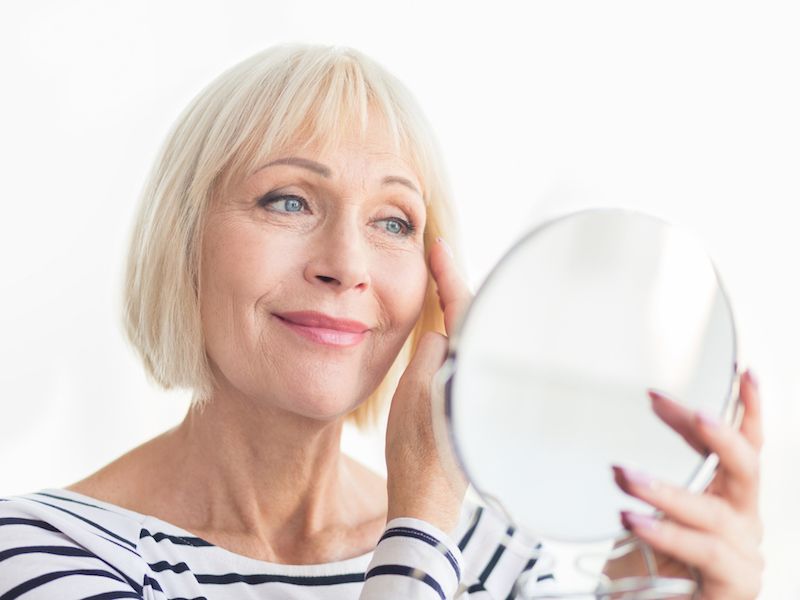
Everybody wants to stay youthful for as long as possible. From wrinkle creams to Botox to special diets to spin class, we spend a great number of hours each day doing what we can to slow the steady march of aging. And yet, even with all that energy (and all those hours), the one thing that might actually work, we often avoid: protecting our ears.
Many people most likely think of hearing loss as inevitable as we age. But it’s not that easy. You can keep your hearing in great shape and help avoid damage by protecting and caring for your ears. And great hearing can have significant anti-aging benefits as the years go on.
Aging And Hearing
The actual passage of time is not usually what we are referring to when we talk about aging. Rather, “aging” typically describes the presentation of certain emotional, mental, or physical attributes that we associate with aging. A perfect example of this is joint pain. When your knees start to bother you, you may relate that with “growing old”. But it’s not age alone that causes the problem (your everyday 5-mile run might have something to do with it, also).
Many kinds of hearing loss are in this category. As you age, damage builds up. The build-up of damage, in most instances, is the real cause of hearing deterioration. And that’s when the problems can start to grow out of control. A number of other signs of aging have been linked to hearing loss:
- Studies have shown a robust connection between untreated hearing loss, anxiety, and depression.
- Sometimes, issues like insomnia and loss of memory, can be initiated by the cognitive strain of attempting to hear. And, in a particularly intense way, that can cause you to feel like you are aging.
- When hearing problems are unnoticed and neglected they can sometimes accelerate the onset of other mental health issues, including dementia.
- Self isolation from family and friends can be the consequence of neglected hearing loss.
What to do About Age Related Hearing Loss
When you combat the “signs of aging” in your ears, you’re actually placing an emphasis on preventing damage. And fortunately, there are quite a few ways to accomplish that. For instance, you can:
- Become more aware. You can still suffer damage to your hearing even if sounds are not painfully loud. Moderate sound for longer periods of time can cause injury to your ears, too.
- As much as you can, steer clear of loud noises. And when you can’t avoid high volume areas, use hearing protection. So make sure you wear earplugs when you go see your favorite band.
- Wear hearing protection to work if your job exposes you to loud noise. Modern ear muffs have incredible technology that can let you hear voices clearly while filtering out loud, damaging environmental sounds.
Your ears can be protected by all of these actions. But there’s one more thing you can do to keep your hearing in fighting condition: make an appointment with us for a hearing examination. Catching hearing loss before it’s perceptible can be accomplished by having regular examinations. Even if your hearing is perfectly fine, an exam will still be able to provide a useful baseline to compare against future results.
Wear Hearing Aids to Keep Your Ears Healthy
The world we live in can be noisy. Your ability to avoid damage is essential, but you may eventually notice some hearing loss despite your best efforts. You need to get help as soon as possible if you do notice any symptoms of hearing loss. A good pair of hearing aids can help prevent some of the so-called age-related problems related to hearing impairments.
Hearing aids can help your ears function more youthfully, kind of like a facelift for your ears. And dementia, depression, and other problems can be prevented. This analogy only goes so far since a facelift is cosmetic and hearing aids are necessary. Wrinkle creams may help you look younger. But if you really want to fight aging and feel a bit more youthful, your best choice is to safeguard your ears and treat your hearing loss.